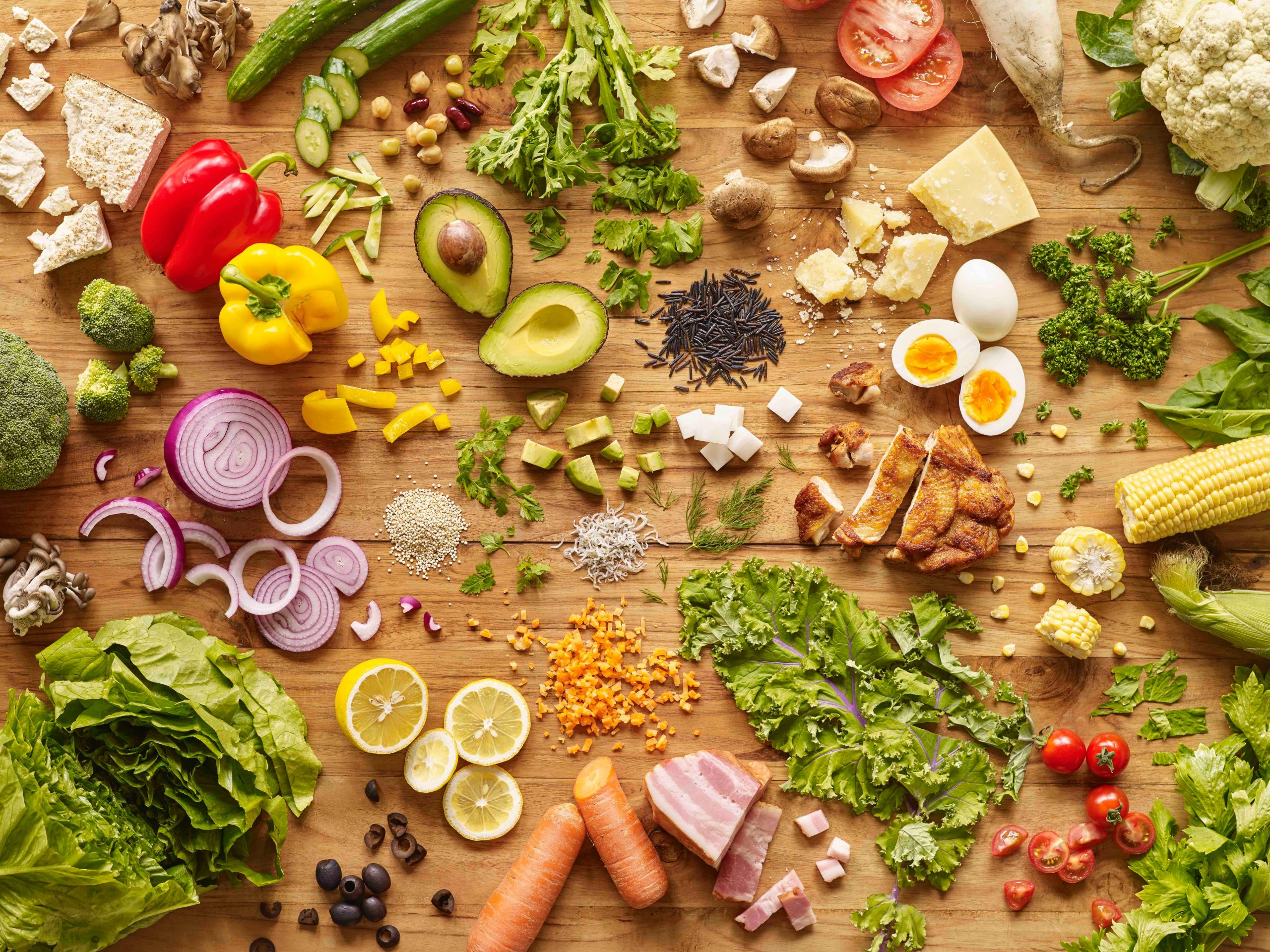Vegan, vegetarian and plant-based are three different types of diets that put a focus on eating more fruits and vegetables. By doing so, individuals reduce animal products, and consume foods that are locally sourced, or made with sustainable ingredients. While all three are similar, there are differences between each diet, which we will go over in this blog post.
Vegan vs. Vegetarian
A vegan diet is the most restrictive of the three diets. Individuals who choose to be vegan abstain from eating any meat or animal products, as well as any animal by-products. This includes abstaining from eating cheese, eggs, milk, butter, or any other food that has come from an animal. This is different from a vegetarian diet where individuals only abstain from eating meat that has come from an animal. Vegetarians may still include eggs, cheese, milk, and other animal by-products. However, the focus is still put on enjoying fruits and vegetables more often.
Pescetarianism
Pescetarianism is often lumped into the plant-based diets as it also puts a focus on consuming more fruits, vegetables and plant-proteins. It also restricts the consumption of animal products. Nonetheless, pescatarians can include seafood in their diets, focusing on fish as their only source of animal-based foods. Pescatarians may receive many of the same health benefits. This diet still ensures that individuals have a source of essential proteins and vitamin B12 found in seafood.
Vegetarian vs. Plant-Based
The plant-based diet is the least restrictive of the three diets. People who follow it do not restrict themselves from eating animal products, or animal by-products. Instead, they focus on eating these foods much less often, focusing instead on fruits and vegetables and other plant-based food sources. It is often considered more of a lifestyle choice than a diet as individuals aren’t restricting entire food groups. Instead, they only choose to eat certain food groups less often. This lifestyle has been found to be beneficial for the human body as well as the planet as plant-based are usually more sustainable than animal-based foods.
How are These Diets Different?
The main differences between vegan, vegetarian, and plant-based diets are in the foods they restrict. A vegan diet restricts all meat, animal products, and animal by-products (including the entire dairy food group, as well as eggs). A vegetarian diet only restricts animal meat, but allows dairy, eggs, and other animal by-products. A plant-based diet does not fully restrict any foods or food groups, but instead puts a focus on eating more sustainably, and choosing plant-based foods more often than animal-based foods.
Is a Vegan or Plant-based Diet Healthy?
Yes! Research has shown that vegan, vegetarian, and plant-based diets are all healthy options with surprising health benefits. Consuming more plant products and less animal-based products may reduce blood pressure, cholesterol levels, as well as lower the risk of obesity, type 2 diabetes, and cardiovascular disease. Plant-based foods also tend to be higher in fibre, which many Canadians are deficient in. Consuming more fibre can help regulate blood sugar levels and prevent many digestive disorders.
Studies have shown that plant-based foods have less of an impact on the environment as they use less water and produce fewer emissions than their animal-based counterparts. Consuming more plant-based foods can also be a great way to help protect the environment and live a more sustainable way of life!
Challenges of a Plant-Based Diet
One of the challenges with a plant-based diet is that some individuals may need to supplement with vitamins or minerals that they may be missing from their diet. Plant-proteins for example, lack vitamin B12 and are often not considered to be essential proteins. This can be remedied by combining different plant-proteins in meals, as well as taking a daily multivitamin, and eating a variety of fruits and vegetables. Consider speaking to your doctor or dietitian to ensure that you are getting everything you need from your plant-based diet.
Final Thoughts
While there are some differences between vegan, vegetarian, and plant-based diets, they all have many health benefits and can reduce the risk of chronic disease. They are also more environmentally sustainable than the average western diet, providing individuals with a great way to help protect our environment. As with any big lifestyle changes, switching to a plant-based diet should be done gradually, and with the advice of your registered doctor or dietitian.
References:
Heart and stroke foundation. “What Is a Plant-Based Diet?” Heart and Stroke Foundation, 2021, www.heartandstroke.ca/articles/what-is-a-plant-based-diet.
Rogerson, David. “Vegan Diets: Practical Advice for Athletes and Exercisers.” Journal of the International Society of Sports Nutrition, vol. 14, no. 1, Journal of the International Society of Sports Nutrition, 2017, pp. 1–15, doi:10.1186/s12970-017-0192-9.
Wozniak, Hannah, et al. “Vegetarian, Pescatarian and Flexitarian Diets: Sociodemographic Determinants and Association with Cardiovascular Risk Factors in a Swiss Urban Population.” British Journal of Nutrition, vol. 124, no. 8, 2020, pp. 844–52, doi:10.1017/S0007114520001762.
















